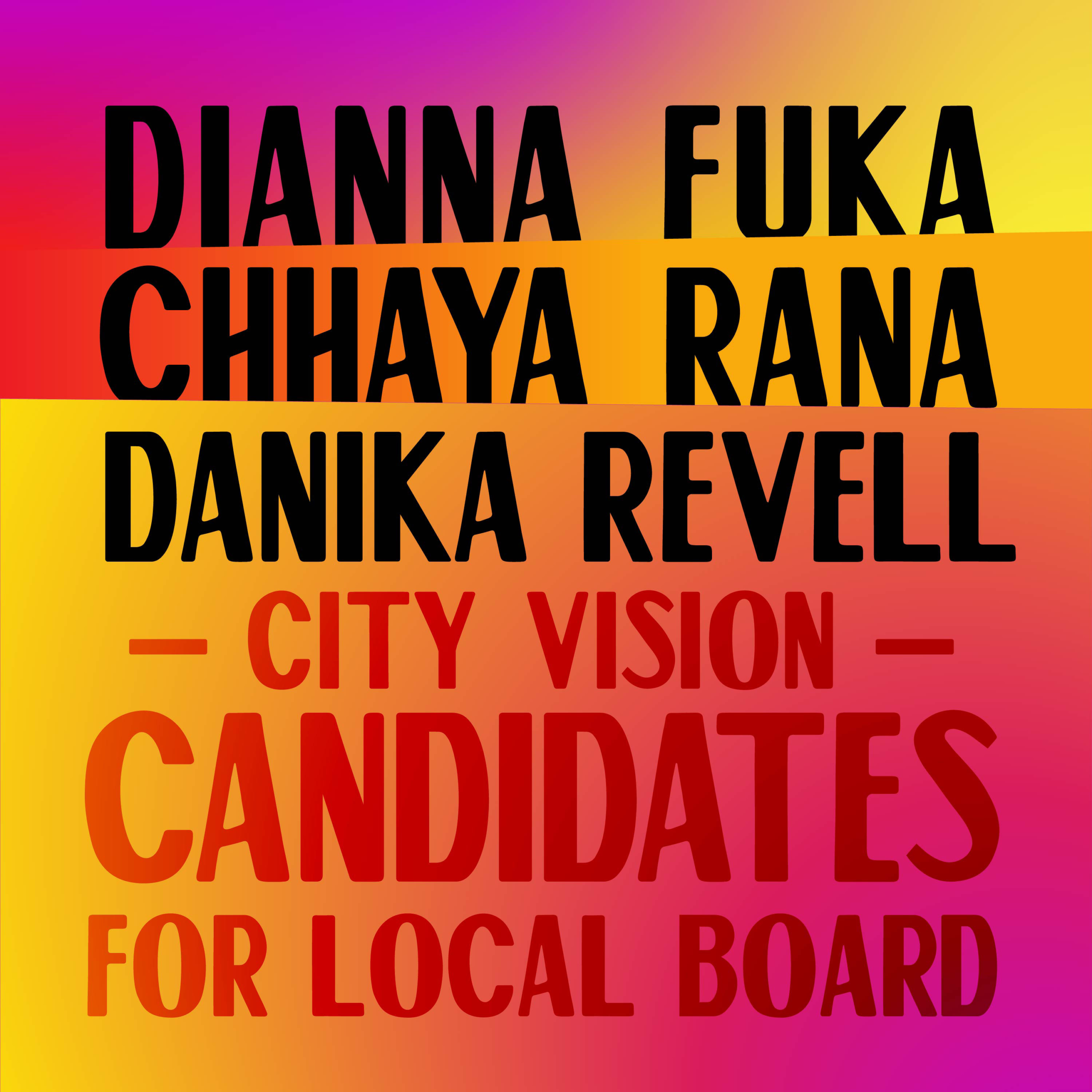Mood of the Boardroom: Business confidence tumbles
Respondents to the 2022 Herald’s CEO survey rated their optimism in the New Zealand economy at an average 1.86/5 — a fall from last year’s score of 2.70/5. This is on a scale where 1 equals much less optimistic, and 5 equals much more optimistic.
Though this is a significant drop in confidence, it is not as low as the record depths seen in the 2020 survey (1.36/5).
“My overall sense is that we are drifting as a country and not really moving forward, accepting it is worse elsewhere,” suggests Deloitte chair Thomas Pippos.
Roger Partridge, chair of the think tank The New Zealand Initiative, recognises threats to the economy abound at home and abroad. “Rising inflation, rising borrowing costs, skills shortages, transport bottlenecks and an increasing regulatory burden (especially labour market regulation) are all creating headwinds for business domestically,” he says.
“Internationally, the story is similar, and in some cases worse. Business is in for a buffeting.”
While the border is now fully open, CEOs consider New Zealand’s relative lateness in reconnecting and “moving on” from Covid has contributed to the confidence knock.
Harcourt’s managing director Bryan Thomson says though there are serious concerns worldwide, such as in Ukraine, “the rest of the world seems more advanced regarding Covid recovery.”
One real estate CEO says “New Zealand not opening our borders until just recently has had more effect than many predicted.”
“Despite the removal of divisive masks, mandates, vaccine passes and the overreaching Covid protection framework, New Zealanders remain unconnected,” explains Precinct Properties chair Craig Stobo. “Our cities are bereft of people.”
Some suggest New Zealand is not as prepared as the rest of the world to deal with current challenges and those on the horizon.
“There is a growing concern of looming recessionary times and that businesses offshore are starting to plan and prepare for this,” says MinterEllisonRuddWatts (MERW) chair Sarah Sinclair. “This puts greater pressure on the government programme in New Zealand to deliver.”
From Z Energy boss Mike Bennetts: “We have failed to progressively reduce or lessen the Covid-related economic stimulation and now face more severe interventions.”
Despite the pessimism, some respondents are optimistic.
“It is hard not to be optimistic about the NZ economy when you look at the years of Covid and the good export results we achieved,” says Auckland Business Chamber director Michael Barnett.
“We only need to focus on what we have done well and build on that in a world that has a demand for the quality products and services that New Zealand is associated with.”
Industry confidence mixed
As is typical in this survey, executives rated optimism in their own industry higher than in New Zealand or the global economy, with a weighted average of 2.70/5 (2021= 3.20/5).
But delving deeper, optimism varies wildly depending on the sector.
Business leaders among the most optimistic include those working in education (3.5/5), telecommunications (3.1/5), and agribusiness (2.8/5). “The primary sector and tourism position us to outperform global economic growth,” says independent director Jonathan Mason.
A tertiary education CEO says: “The opening of the borders is key for us, but is complicated by a buoyant labour market and high inflation which is not an optimal setting for an institution like ours.”
An energy director notes “in spite of the offshore oil and gas ban, the New Zealand energy/ electricity market is proving to be resilient and effective.”
At the other end of the scale, the least optimistic industries include entertainment and leisure (1.3/5), food and beverage (2.0/5) and retail (2.0/5).
A wine industry leader: “We will be relying on growth in export markets as opposed to domestic growth.”
Domestic concerns
The top domestic issues of concern are linked to the ongoing shortage of workers, with the pandemic severely disrupting the labour market.
CEOs are particularly concerned about skills and labour shortages, which scored 9.00/10 on a scale where 1= no concern and 10= extremely concerned. This was also the top-rated concern last year when it received an even higher score of 9.18/10. Closely tied to the worker shortage and skills gap is immigration. Current restrictions surrounding immigration saw this rated at 8.52/10.
But for the first time in two years, anxiety associated with Covid has fallen to the bottom of the domestic concern table. Concerns about further waves of Covid received a score of just 4.79/10. This compares to 8.38/10 in last year’s survey.
Kirsten Patterson, chief executive of the Institute of Directors, is optimistic about the Covid recovery, but less optimistic about inflationary pressures. “Overall that results in optimism levels for 2023 balancing out to the same or similar levels as 2022 — still some uncertain times ahead.”
Inflation and cost of living pressures are also a major headache, scored at 8.30/10.
“Inflation is hugely challenging, and we’re concerned about how this is flowing through to the cost of living for Kiwis,” says Tower Insurance CEO Blair Turnbull.
“We have a number of initiatives underway aimed at tackling inflation and we’re doing everything we can to stay competitive and keep costs down… but it is really tough right now and ultimately people are going to see it reflected in what they’re paying.”
Rounding out the top five domestic concerns are those related to the Government: the level and quality of government spending (8.51/10) and policy uncertainty (8.25/10).
“Government needs to control its spending, free up labour supply, stop imposing unnecessary costs on business, and fix the infrastructure to assist in improving productivity,” says a financial services CEO.
“Businesses can work through economic cycles, but they need to have confidence in the settings.”
MERW’s Sinclair notes “there is growing concern around the risk of change and the ‘NZ Inc’ risk this may create in relation to our attractiveness to much-needed offshore resources (expertise, capital and people).”
Infrastructure constraints, rated at 7.46/10, are also a major issue.
Beca executive chair David Carter suggests many of the substantive challenges New Zealand face, including around infrastructure, require investing now for the future.
“Consistency of long-term policy settings and pan-party agreement on key infrastructure spends is critical to providing confidence to commit.”
Other notable concerns include wage increases (7.57/10), labour productivity (7.43/10) and supply chain issues (7.36/10).
Survey respondents were asked to put forward other pressing concerns on domestic issues outside those polled. A senior professional director expressed deep concern over the nursing shortage: “This is causing a crisis — particularly in aged care, despite the Government maintaining a public position that all is fine.
“This is despite care facilities for the elderly being forced to reduce capacity and send residents to either the DHB (who has no capacity) or home to families who are ill-equipped to cope. The seriousness of the situation has not yet had a quality national conversation.”
Despite the significant concerns conveyed in the Mood of the Boardroom survey, Health NZ chair Rob Campbell suggests business might be over-egging the negativity in terms of optimism.
“I think that business response to media and interest group concerns of many topics exceeds their real-world concerns.”
Strahan Wallis – CEO Clemenger Group
“We are cautious about prospects for 2023 but also know that research shows the smartest organisations increase marketing spend in the hard times, during recessions or downturns.
Media spending has been up across most categories over the last 24 months as organisations get more out of their advertising assets. There is a pent-up need now for smart companies to create new brand campaigns that will ensure customer loyalty and a quick exit from any economic headwinds over the coming 18-24 months.
Chris Quin, CEO Foodstuffs North Island
We’ve gone straight from fighting Covid to fighting inflation. What worked through Covid was keeping things simple and focused on what really mattered: keeping our team and customers safe and keeping food on the shelf.
I’m optimistic that we’re doing the right things now to fight inflation for our customers: buying well, running as efficiently as possible, and keeping costs down. And the numbers show we are doing that.
What I’m less optimistic about this year is the widening gap between government and business when it comes to collaborating to identify the right problem and fix it. There’s growing concern that the Government is trying to do too much. Right now, for businesses like ours, that means adding uncertainty, cost and complexity.
Like we did through Covid, the Government and businesses are now fighting a common enemy of inflation.
With the cost of living, we need to maintain focus on what will actually fix that and deliver on it.
The next 12 months are going to be tough on New Zealanders, it’s a time when Government and business should be working closer together — not drifting further apart.

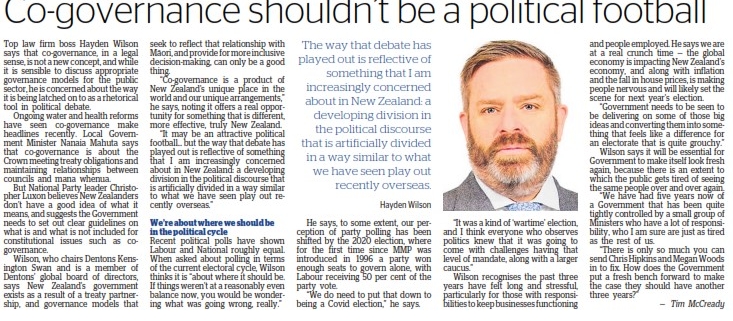
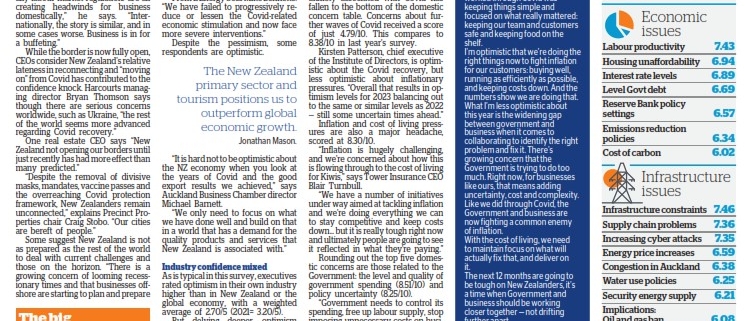
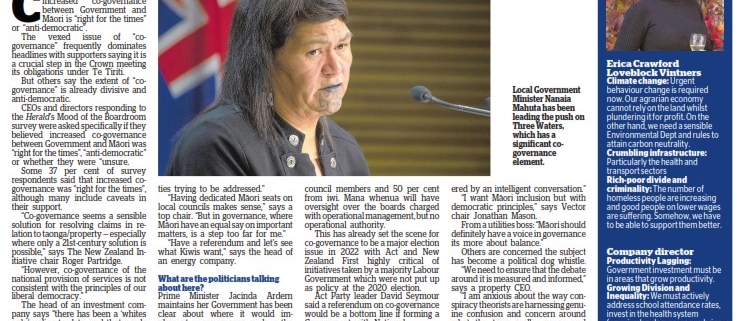
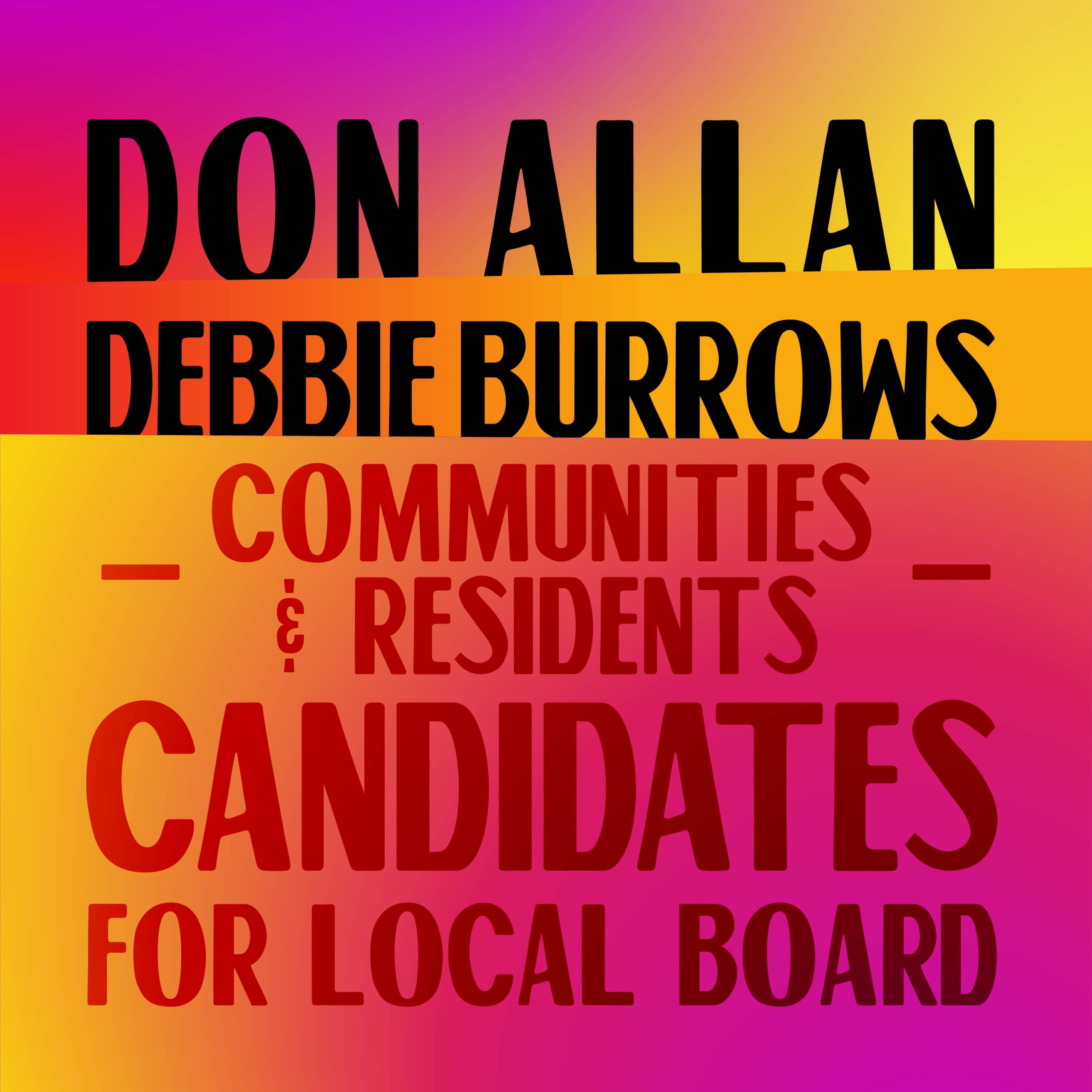
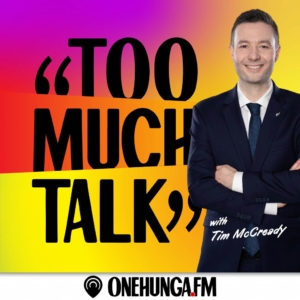 In this local body election, what if we could do a little more than a tick and a prayer?
In this local body election, what if we could do a little more than a tick and a prayer?